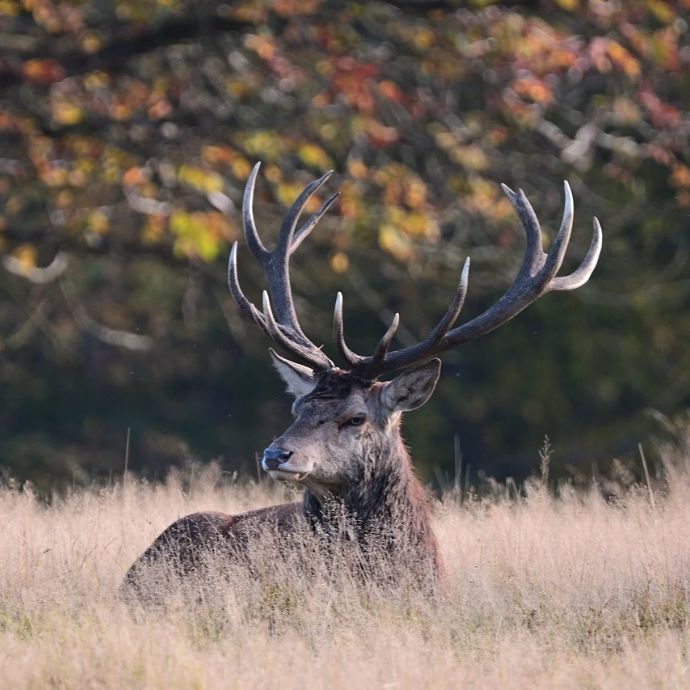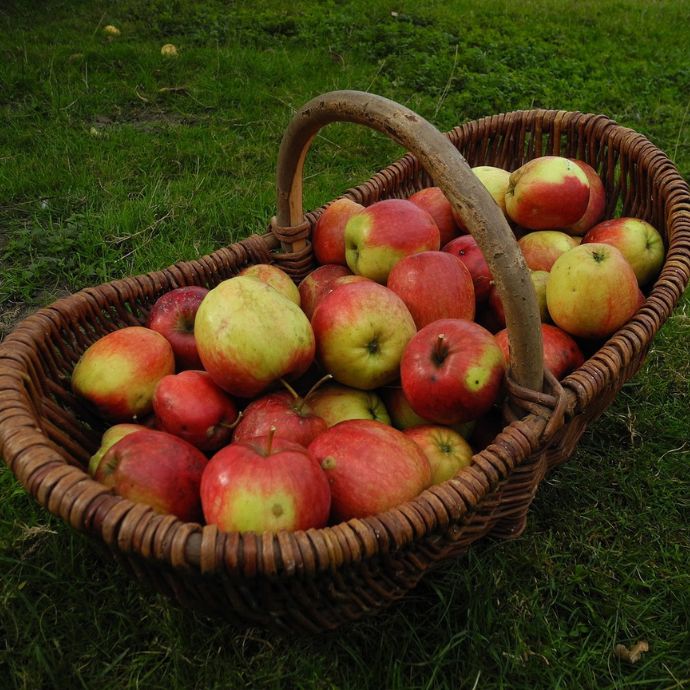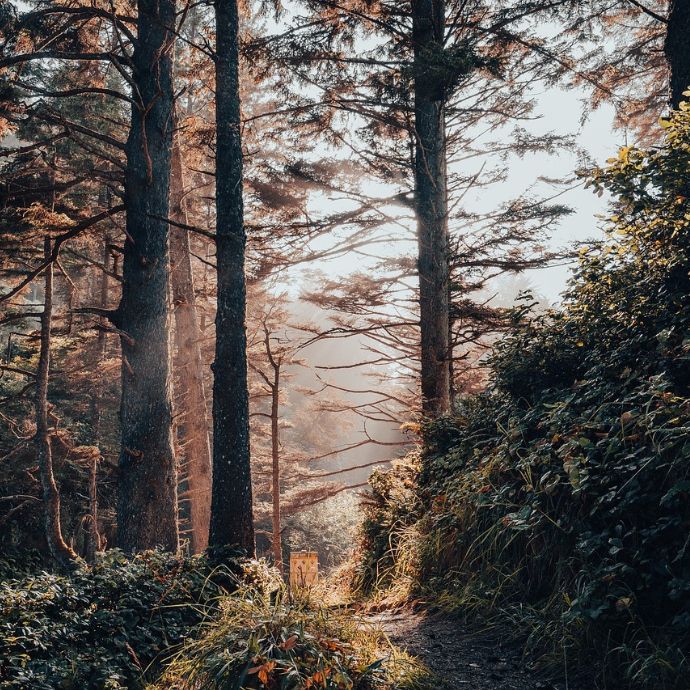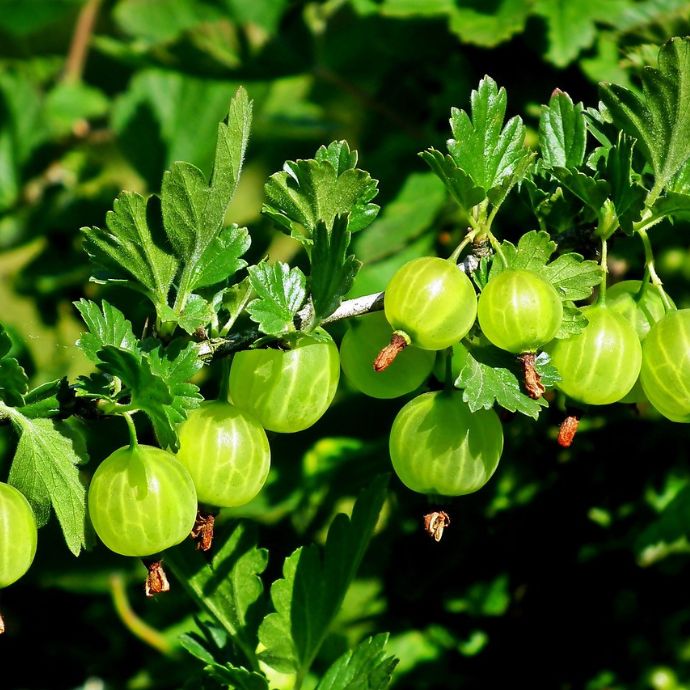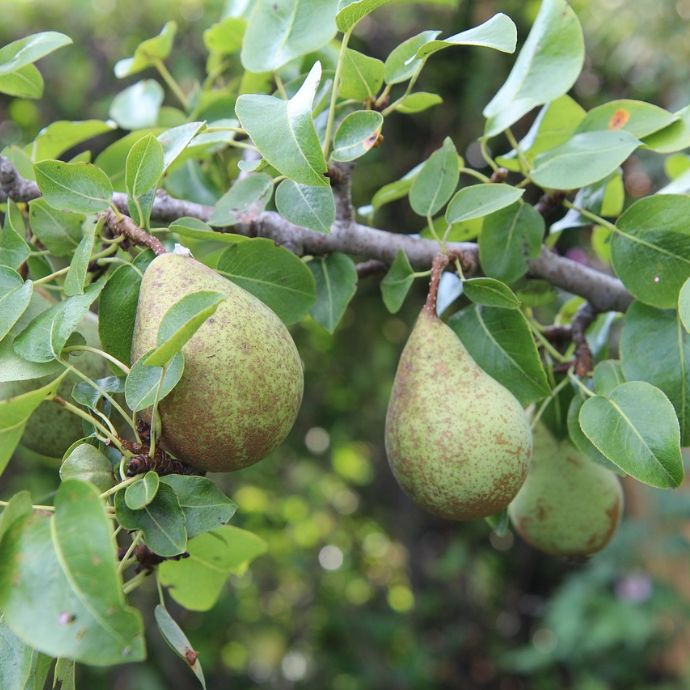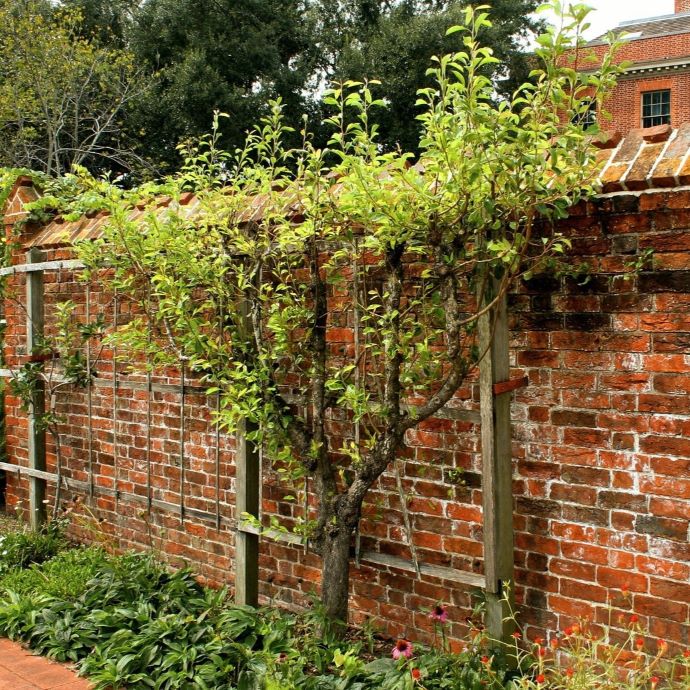Advice & Inspiration
How to Create a Pet-Friendly Garden
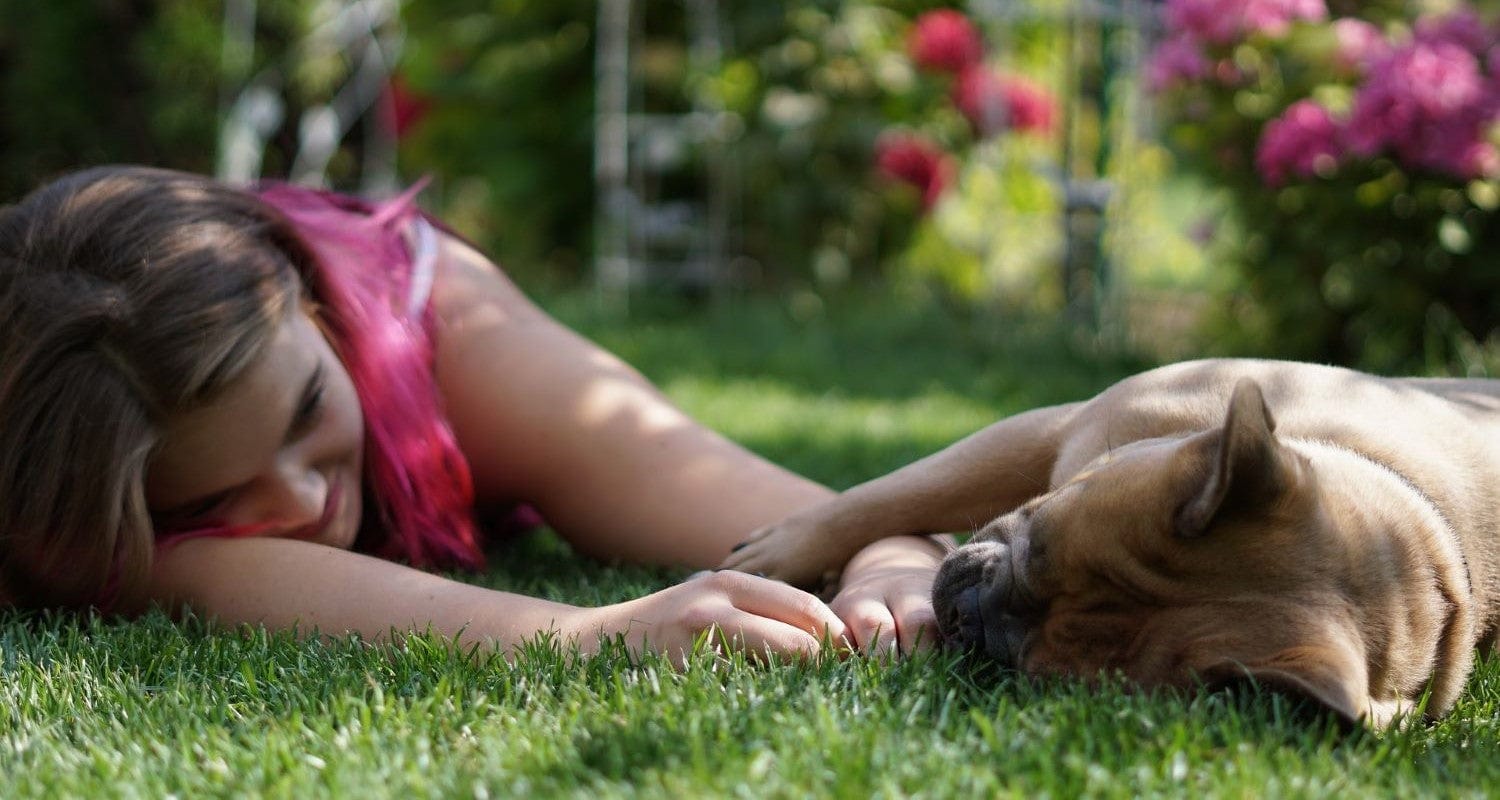
At Roots, there are two things we love most of all - our gardens and our pets. Having outdoor space to exercise or just chill in the shade is really important for their wellbeing - and if they’re happy, so are we.
Gardens can contain hidden dangers for our best friends - sharp tools, poisonous plants, harmful chemicals - but with a little careful planning, you can create a beautiful outdoor space where you can both relax and enjoy time together.
By growing pet friendly plants and providing secure spaces to play, hide and explore, you can keep your pet happy and safe from harm - and mischief! Here’s how.
Jump to:
Garden dangers to avoid
Dogs, cats and smaller pets like rabbits and guinea pigs can all fall foul of pesticides, so keep it natural and avoid slug pellets (dogs can eat the poisoned slugs and become ill) and sprays (rabbits will eat pretty much anything).
Keep your shed secured when it’s not in use, as dogs could eat chemicals or hurt themselves on tools and cats are known to fall asleep in sheds and get locked in. If you have a pond, you may want to net it as a precaution (especially if you have fish - for their sake).
Always supervise young pets on their first adventures in the garden - if there’s a hazard, you can rely on them to find it!

The dog-friendly garden
Dogs enjoy running and digging, so to save your plants, make them some nice clear paths through the garden with surfaces like sand or bark chips that feel soft on their paws. High fences are a must!
A dedicated digging area keeps them busy for hours and ornamental grasses can provide shade and sensory fun. Sturdy plants like astilbe and nepeta will withstand any accidental trampling, while a low growing hedge or raised beds will protect your more delicate plants.
Dogs will also enjoy a water feature that they can splash in or drink from, and clumps of soft grasses they can sit in. Make sure you put away any sharp tools after use and secure your compost bin to avoid accidents.
Dog safe plants
You can plant these with confidence: they won’t harm your dog if they eat them. We can’t promise they’ll be safe from your dog’s more rough and tumble games though…
- Roses
- Magnolia
- Heuchera
- Jasmine
- Astilbe
- Hardy geranium (but not pelargoniums AKA annual geraniums)
- Fuchsia
- Forsythia
- Heuchera
- Sedum
- Coreopsis
- Rudbeckia
- Hollyhock
- Herbs: basil, dill, thyme and rosemary
Plants that are poisonous to dogs
These are some to avoid if your dog likes to nibble plants - you may want to check your garden and remove them before letting your pup out. The plants to look out for include:
- Lupins
- Daffodils
- Chrysanthemums
- Foxgloves
- Hydrangeas
- Wisteria
- Azaleas
- Rhododendron
- Daphne
- Delphiniums
- Hellebores
- Parsley
- Ivy
- Lily of the valley
- Sweet peas
For more poisonous plants, check this list from The Kennel Club.
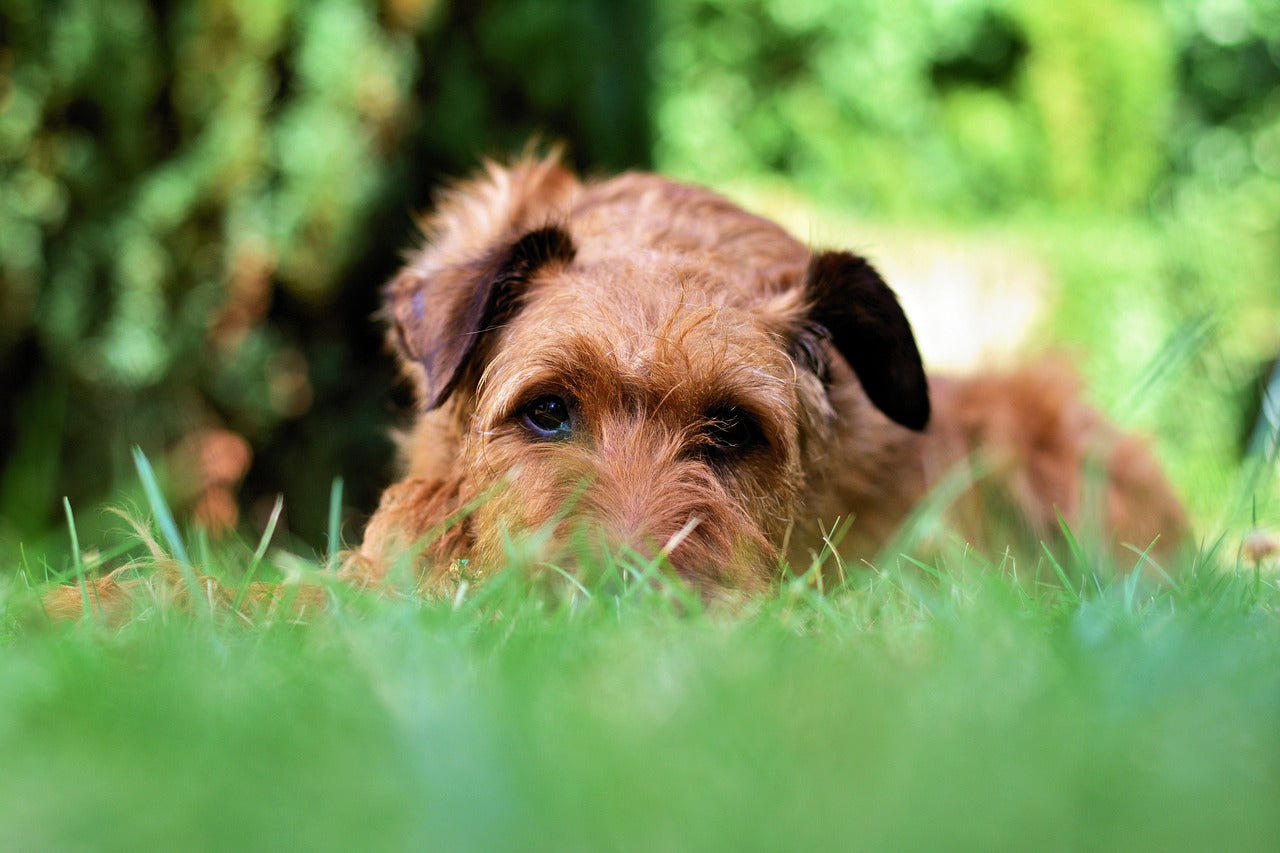
The cat-friendly garden
Cats love to jump, climb and scratch, so provide them with plenty of different levels - fences, logs, trees and structures such as pergolas are all great fun! Grasses and shrubs can provide privacy and shade, while a private area with loose soil or dry mulch can be used as a toilet (saving your vegetable beds from being dug up).
Cats go mad for nepeta (catmint) which gives them a natural euphoric effect, and they love the smell of catgrass (Dactylis glomerata) and Valerian. A water feature with running water will provide drinks and entertainment. Lastly, keep other wildlife safe by putting a bell on your cat’s collar and keeping bird feeders out of reach.
Safe garden plants for cats
Cats will generally avoid any plants that are bad for them, but if you want to play it safe, grow these non-toxic cat-friendly flowers and plants:
- Hollyhock
- Nepeta (Catmint)
- Catgrass
- Bamboo
- Camellia
- Ferns
- Buddleja
- Nasturtium
- Gerbera
- Heuchera
- Magnolia
- Roses
- Jasmine
- Zinnia
- Herbs: basil, coriander, thyme, valerian, lemon balm
Plants that are poisonous to cats
The big one to avoid with cats is lilies, as they can get the poisonous pollen on their coats and lick it off when they wash themselves. Curious cats should also give these plants a swerve:
- Cyclamen
- Poinsettia
- Rhododendron
- Azaleas
- Daphne
- Delphiniums
- Foxgloves
- Hellebores
- Parsley
- Fritillaries
- Lily of the valley
- Crocus
- Tomatoes
There’s more advice on plants to avoid in this guide from Cats Protection.
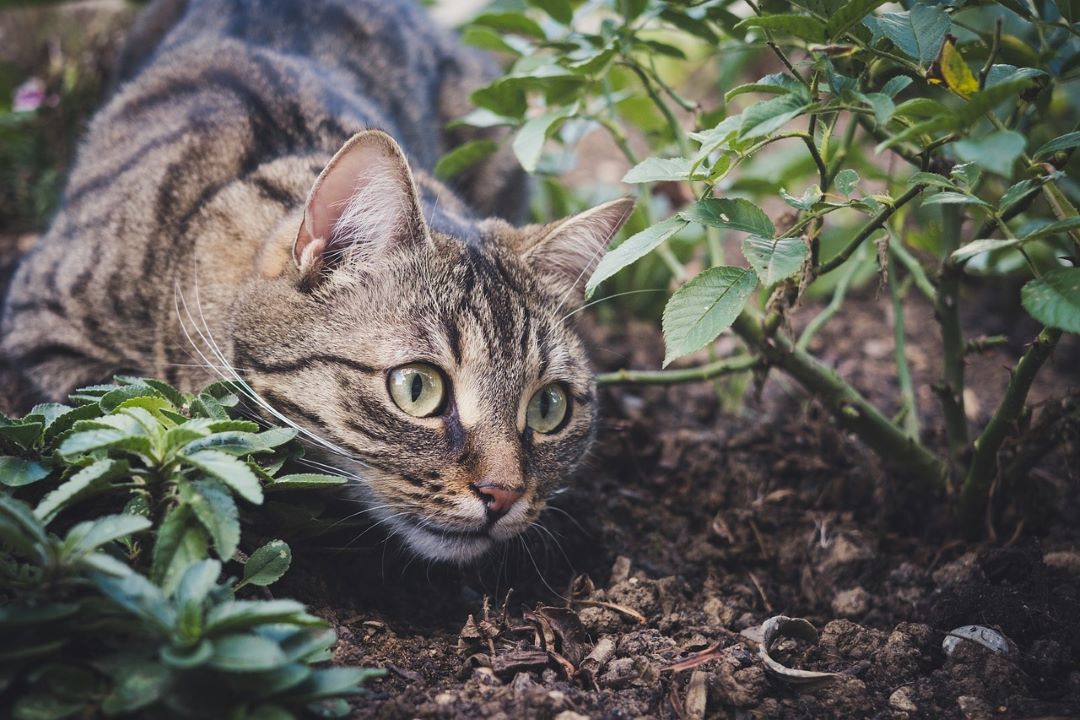
The rabbit-friendly garden
Let's not forget the little guys. If your rabbits, guinea pigs or other small pets have access to your garden, you’ll need to be extra careful with your planting, as they’ll munch on pretty much anything they can reach. It’s especially important if you have rabbits, as they don’t have the ability to vomit. Small pets are also great escape artists, so you’ll need to make sure your garden is secure, or fence off an area for them to use.
Make sure there are no gaps in your fences, and if possible, bury your fence slightly under the ground, to prevent them burrowing under it. Rabbits and guinea pigs are sensitive to temperature extremes, so they’ll also need places with shade and shelter. Your pets will really enjoy an edible garden full of herbs, grass, daisies, dandelions and other safe flowers, and this will help to keep them off your prize roses, too!
Safe plants for small pets
All of these plants are rabbit and small mammal-friendly, so you can plant them with confidence. I can’t guarantee they’ll remain intact though…
- Lavender
- Roses
- Campanula
- Jasmine
- Hollyhocks
- Nasturtiums
- Fuchsia
- Pansies
- Violets
- Marigolds
- Echinacea
- Herbs: mint, chamomile, basil, coriander, oregano, fennel, lemon balm, thyme, sage, rosemary
Plants to avoid for small pets
These plants are poisonous to rabbits and small mammals:
- Azaleas
- Rhododendron
- Delphiniums
- Foxgloves
- Hellebores
- Hydrangea
- Chrysanthemum
- Lilies
- Onions
- Potatoes
- Tomatoes
- Poppies
- Flag Iris
- Daffodils
If in doubt, check this seasonal list of plants from the PDSA.




